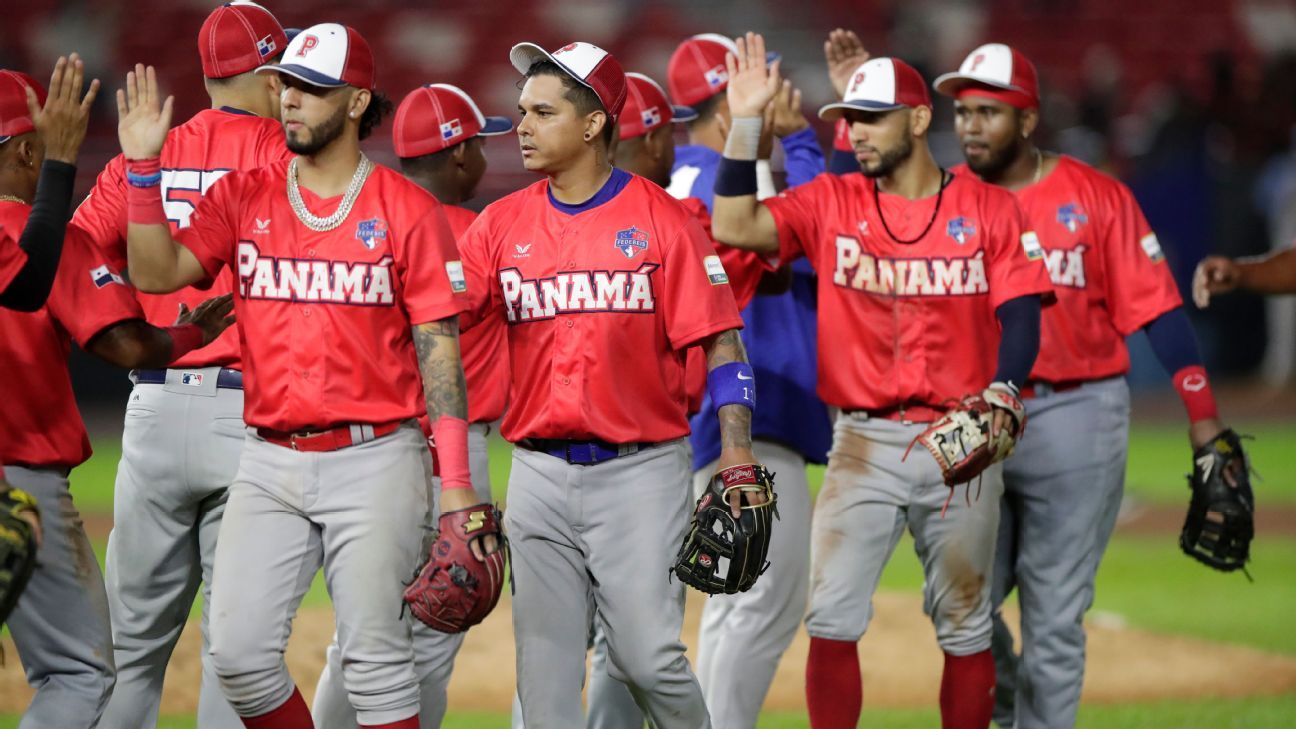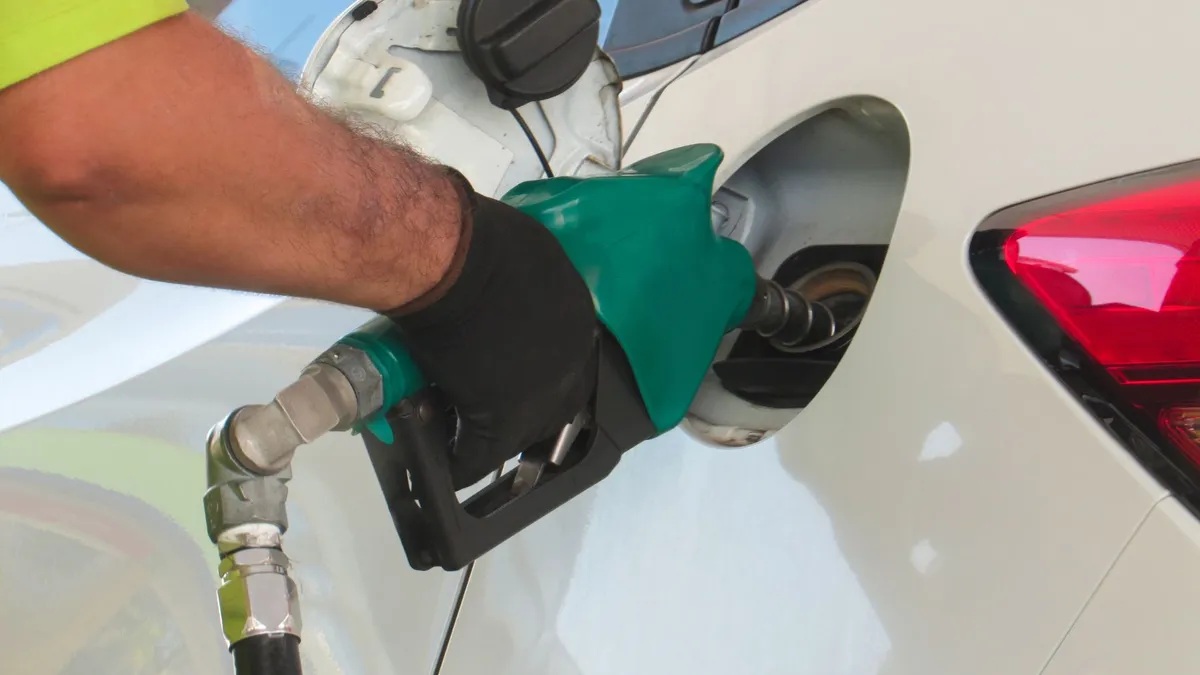Five Panama newspapers risk closure

PANAMA could be on the edge of losing five of its daily newspapers because of “administrative and judicial cases” involving two publishing groups.
The “potential closure” of the newspapers “would compromise press and freedoms of expression as diversity and plurality of information is a key condition for democratic health,” says a statement from the Inter-American Press Association (IAPA ) which recently sent a delegation to Panama.

GESE, owned by Abdul Waked publishes El Siglo and La Estrella de Panama, the country’s oldest newspaper founded in 1849.
Waked is on the US Treasury’s “Clinton list” for alleged ties to money laundering and drug trafficking. American citizens and businesses are prohibited from doing business with any company on the list. Waked’s inclusion has led to the sale of two of the family’s major businesses and to its upcoming departure from Tocumen International Airport’s duty-free zone.
The newspapers Panamá América, Crítica and Día a Dia. Are owned by EPASA which is under criminal investigation in Panama over allegations that the company was acquired with public funds.
Panama’s Attorney General, Kenia Porcell, informed the IAPA that the Public Prosecutor’s Office is investigating whether the acquisition of the publisher in 2010, carried out through persons related to former President Ricardo Martinelli (2009-2014), diverted funds from the state.
Roberto Rock, chairman of the IAPA’s Committee on Freedom of the Press who led the delegation, said that the “US administrative measures and the judicial measures in Panama involving the two publishing groups makes it difficult for them to publish their journals.”
President Juan Carlos Varela told the delegation that, in the case of GESE, “his Government has made diplomatic efforts to grant the necessary licenses to the media,” so that “the labor source is not affected” but added that the Panamanian government “can do little about an extraterritorial issue.”
On EPASA, Varela said that it is the “judges who must assess if corruption was committed and if money from the public treasury has been used for the purchase.”
The findings of the IAPA mission will be debated at the organization’s assembly to in Salt Lake City (Utah, USA) at the end of October





